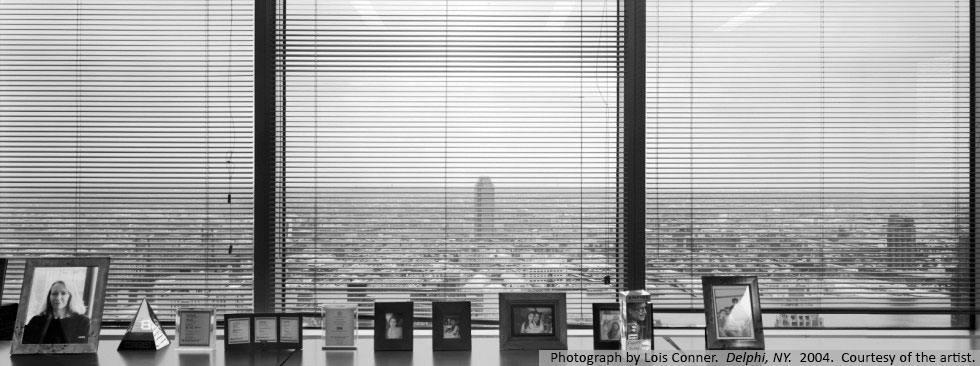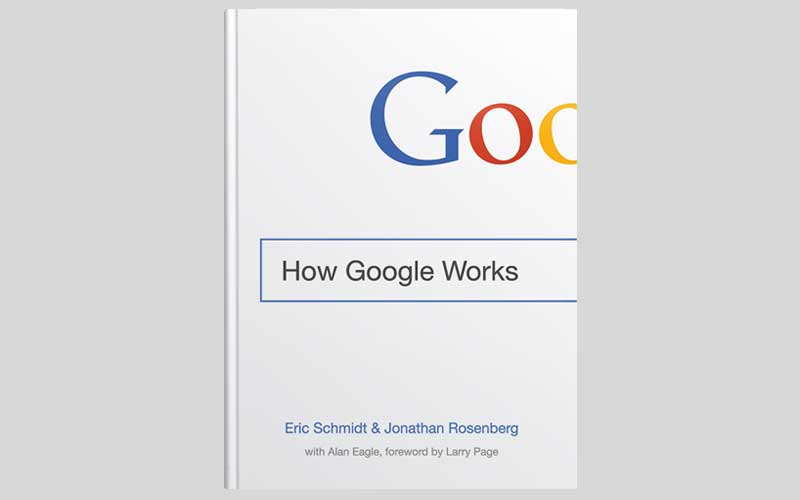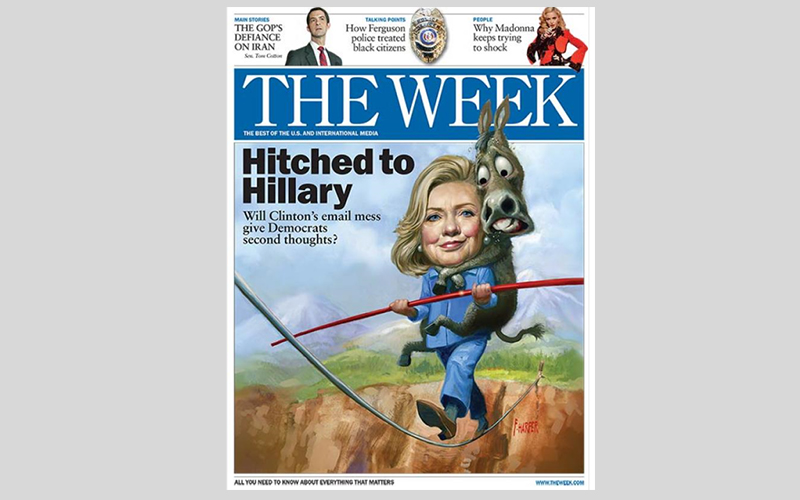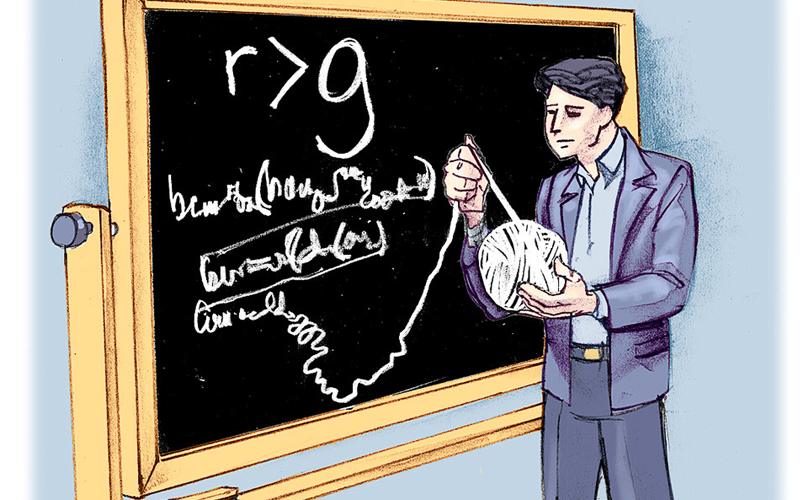For most, the phrase “corporate workplace art” conjures up benign landscapes, printed reproductions of gallery works, or forgettable prints that fail to even register with employees, blending away with the bustle of a busy work day.
As an avid and lifelong collector of art, from ancient sculpture to modern photography and even conceptual moving images, I believe in the influence of our aesthetic surroundings upon our shared daily experience. Unique, original and thoughtful art enriches our cultural and workplace lives, creating a vibrant and more productive environment. An inspired surrounding fosters creativity, regardless of an employee’s department or role within the organization.
READ REMARKS....







